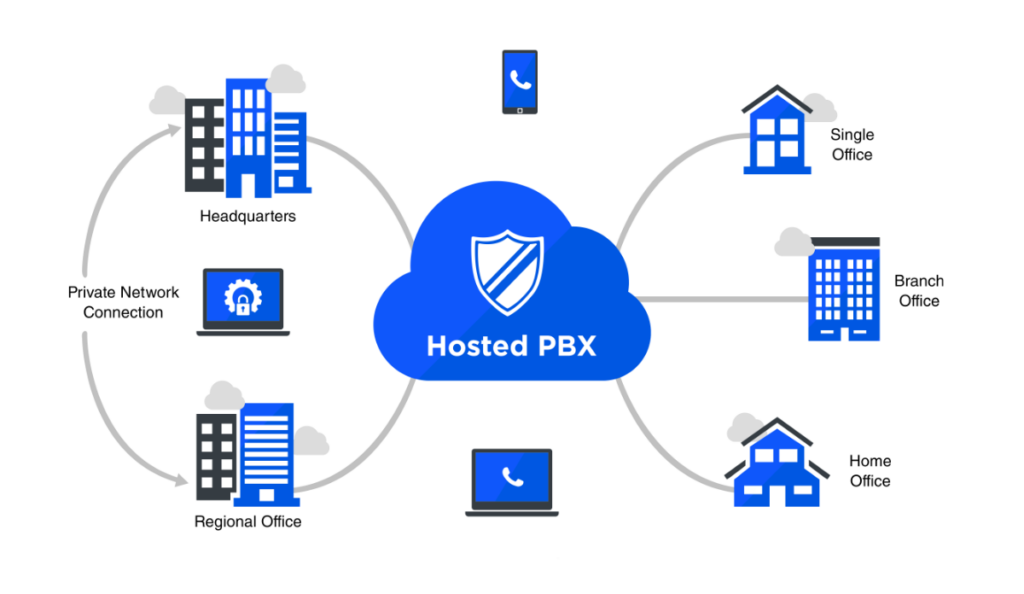IVR (Interactive Voice Response) is a hosted phone system feature that lets admins create automated message prompts and recordings that callers hear when they dial your business phone number.
Instead of connecting to a live agent immediately, IVR helps to collect essential caller information like contact information, the reason for the call, desired department/representative, etc. The IVR system then uses an auto-attendant to route calls to the proper agent according to the caller’s response.
Many IVR tools allow for both spoken and dial pad touch-tone responses, using Natural Language Processing to properly direct the call.
In many cases, IVR allows for such a high level of customer self-service, that callers may not even need to speak with a live agent.
For example, IVR lets callers:
- Make payments over the phone
- Hear or update account information
- Get order status/shipping updates
- Hear pre-recorded customer service announcements or support instructions
- Place orders
- Make or cancel appointments
- Leave voicemail messages
- Connect with the best available agent
- Schedule a callback















